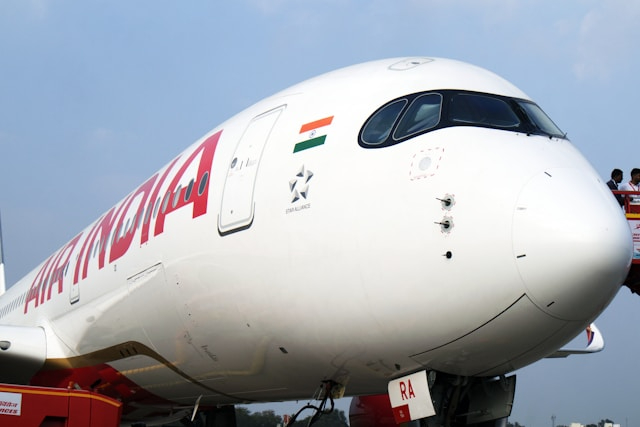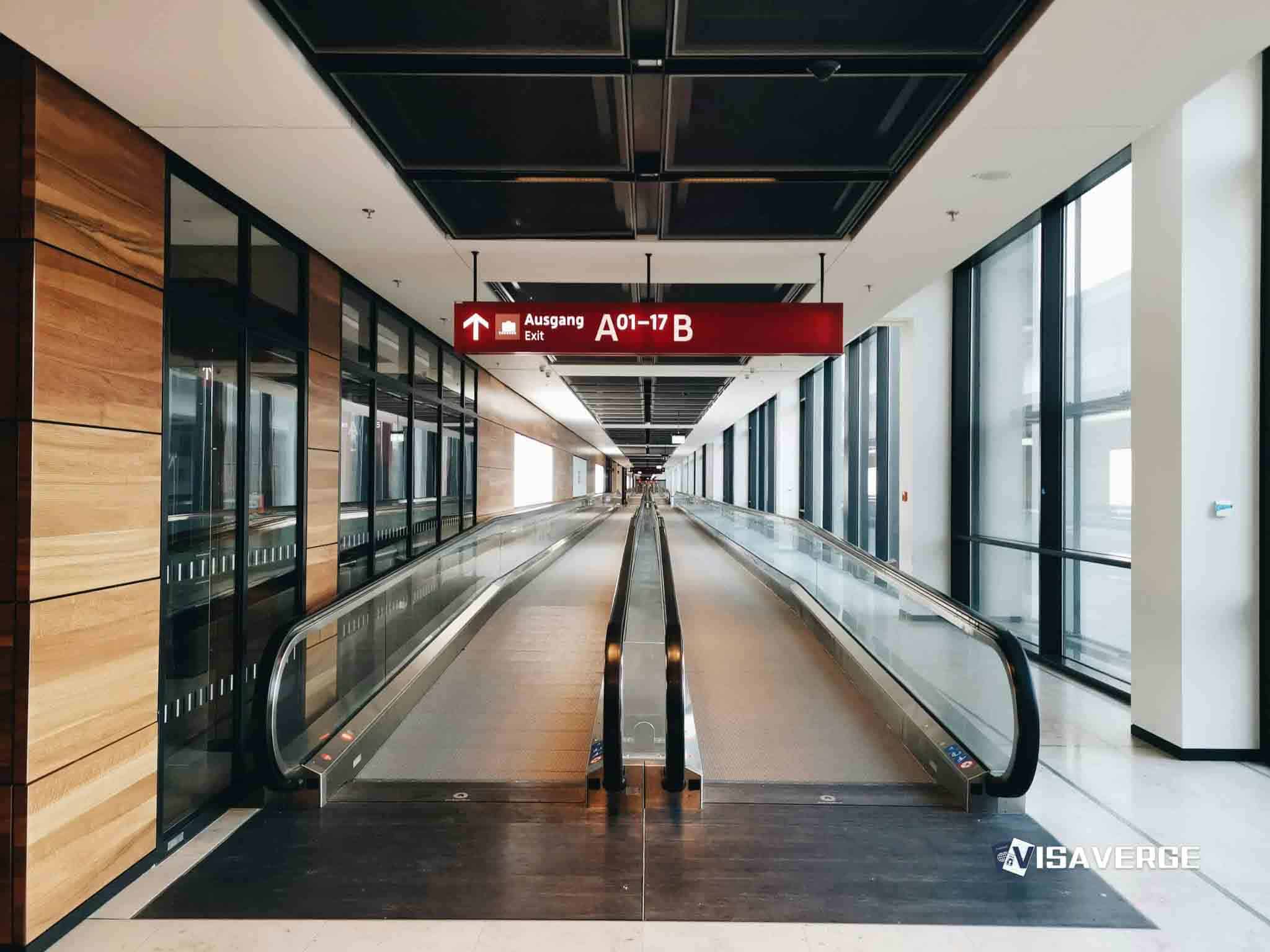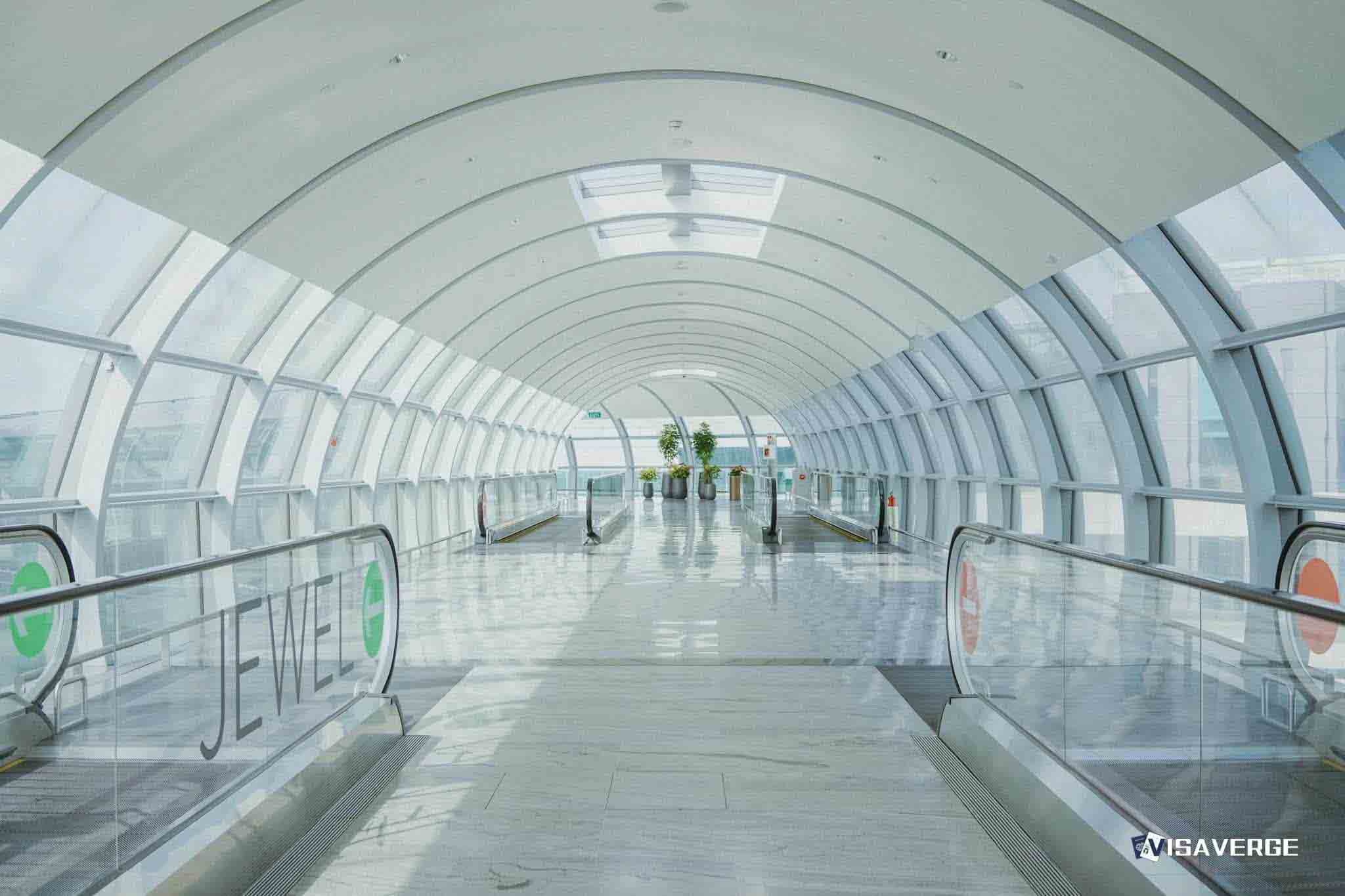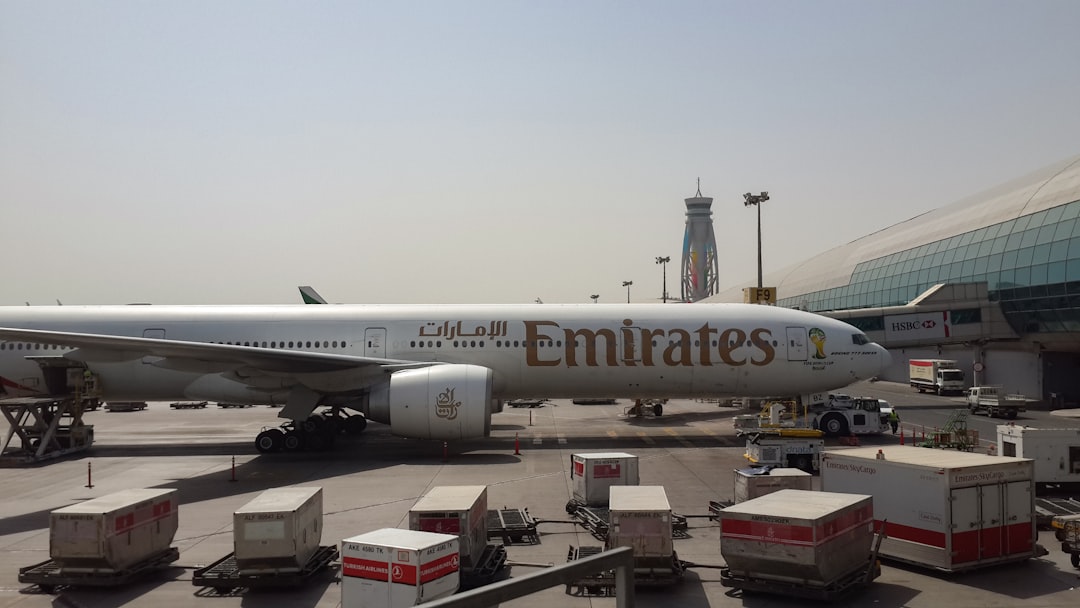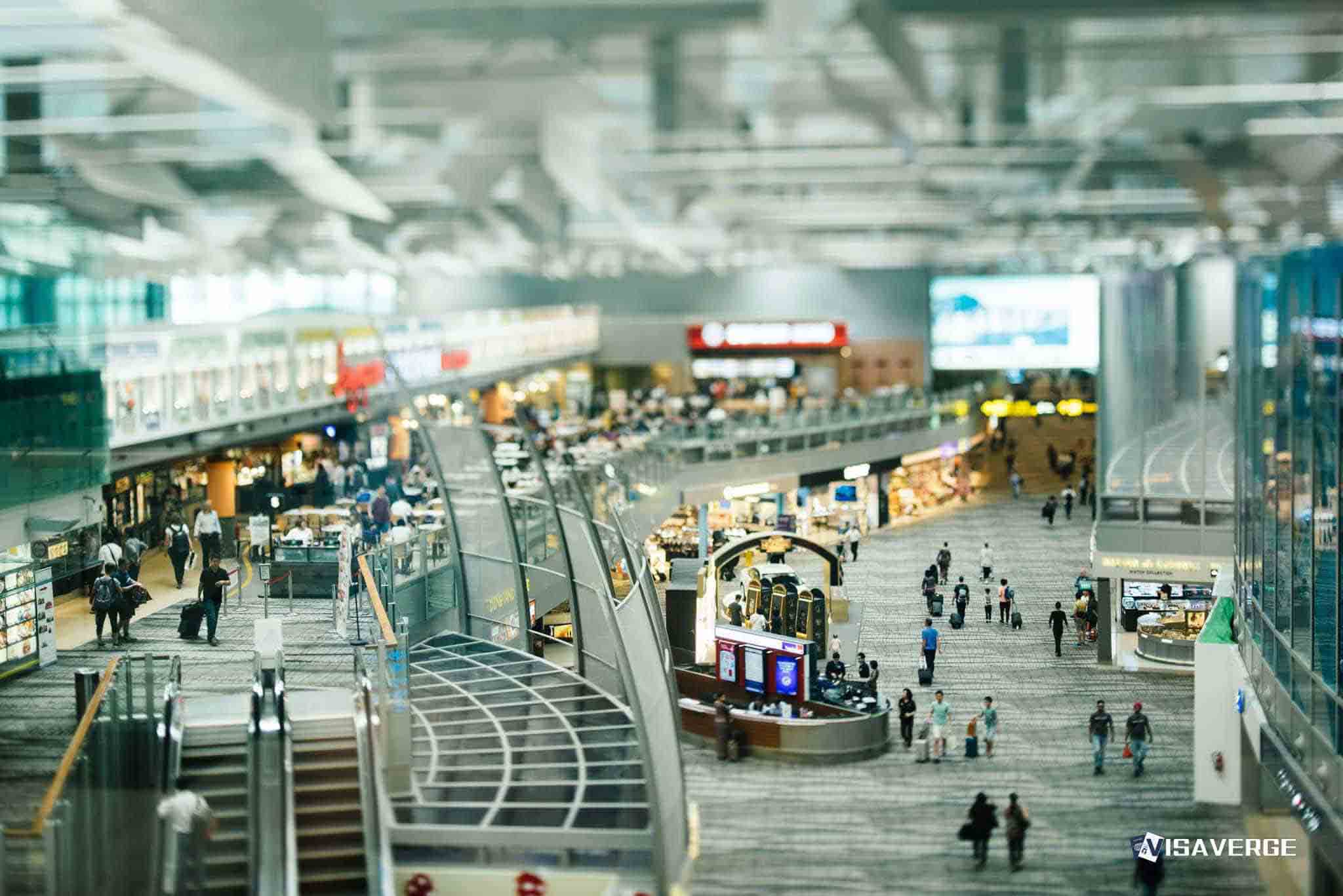Key Takeaways
- France faces legal and political challenges with Albania’s migrant-processing plan, risking breaching EU asylum seeker rights and intensifying tensions.
- Socio-economic concerns affect the plan; France struggles with integration, high unemployment, and rising far-right immigration views.
- Geopolitical implications involve potential human rights issues in Albania and the need for EU collaboration on immigration solutions.
France 🇫🇷 is facing a tough situation with its approach to immigration. Recently, there has been a proposal to outsource the processing of migrants to Albania 🇦🇱, similar to what Italy 🇮🇹 has done. However, French Prime Minister Michel Barnier has expressed doubts about this plan, saying it won’t work for France. Let’s explore why Barnier is against this idea.
Legal and Political Challenges
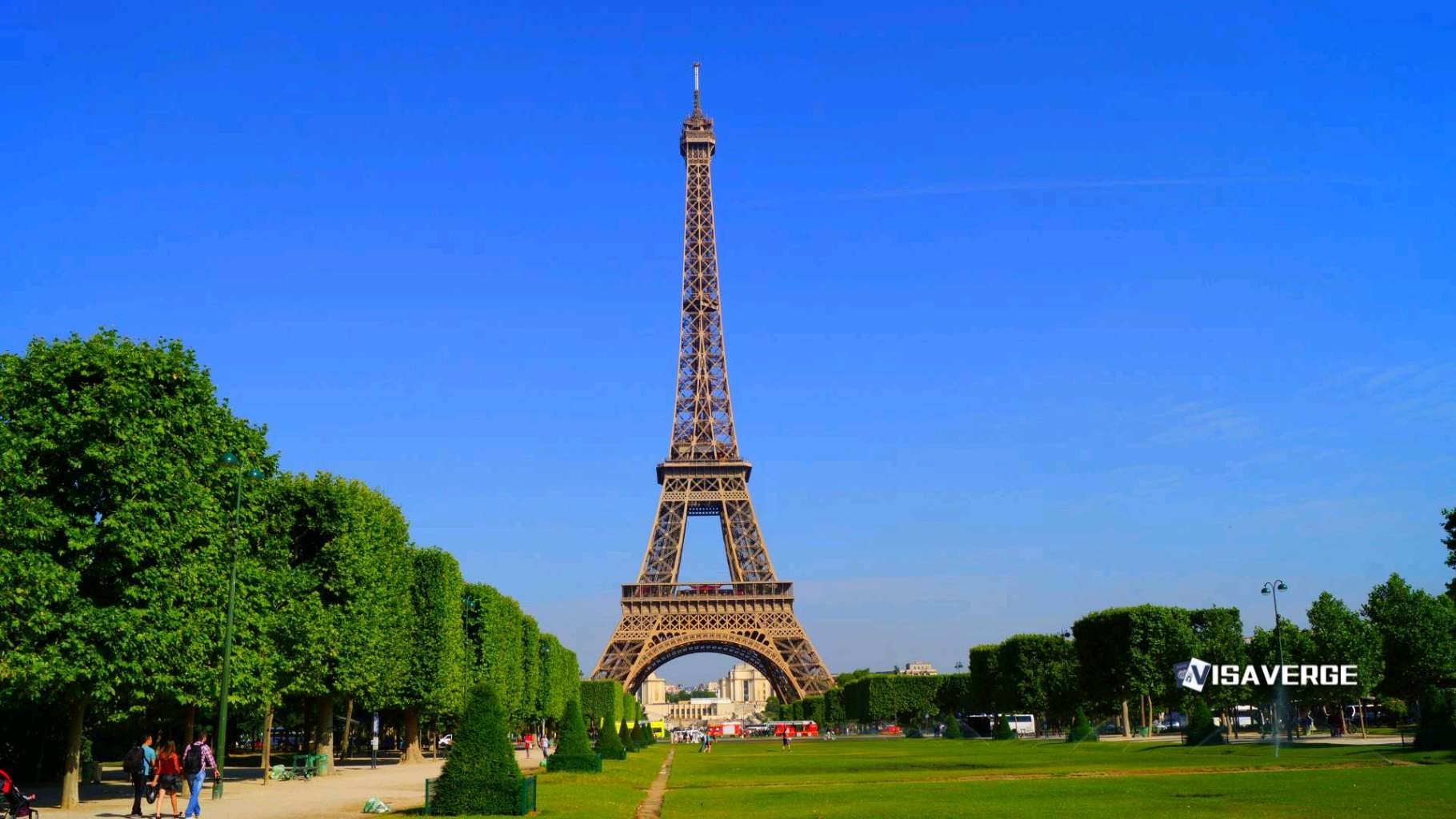
One of the main reasons Barnier is not in favor of the Albania processing plan involves legal hurdles. France’s strict legal rules, shaped by both its national laws and those of the European Union (EU), lay down clear guidelines on how asylum seekers should be treated. Sending asylum seekers to Albania, which is not an EU member, raises concerns about whether their rights and protections under EU law would be upheld. The European Court of Human Rights insists that EU countries must ensure fair treatment for asylum seekers. Moving them to Albania could break these rules, leading to legal issues France wants to avoid.
The political environment in France is also very tense when it comes to immigration. The French government has recently introduced a detailed immigration law that takes a tough stance to better control migration. This law has sparked protests and has been criticized by the Constitutional Council for having some parts that are unconstitutional. In such a tense setting, opting for a plan like Italy’s might worsen political tensions and lead to more public opposition.
Socio-Economic Considerations
The socio-economic conditions in France further complicate the idea of processing migrants outside the country. Immigrants make up about 10.7% of France’s population. There are significant concerns about integrating these immigrants into French society and the job market. The government is already making efforts to help undocumented workers get regular jobs, especially in industries that need more workers. Creating a separate system for processing migrants might hurt these efforts by keeping asylum seekers separated from French society.
On the economic front, France is dealing with high unemployment and the costs of social welfare. The far-right view, which looks at immigration as a threat to both national identity and economic stability, is gaining ground. Outsourcing the processing of migrants could be seen as shirking responsibilities, potentially increasing support for extreme views that call for stricter immigration controls.
Geopolitical Implications
The impact on France’s relations with other countries is also significant. An agreement like Italy’s with Albania has already raised concerns among human rights groups and many fear it could result in lower standards for asylum seekers across the EU. France needs to think about its place in the EU and its commitment to shared values and standards with other member states. There are worries about whether the rights of asylum seekers in Albania would be protected and how this would be monitored. This level of oversight might not be feasible given current resources and willingness to act.
Broader Implications and Potential Solutions
Barnier’s doubts regarding the Albania processing plan point to a larger issue: how France handles immigration. It suggests the need for comprehensive solutions that address both immediate challenges and longer-term integration goals. Instead of turning to other countries, France might focus on strengthening its practices at home by enhancing its capacity, making processes more efficient, and improving support for migrants.
Moreover, working together with other EU countries could offer more lasting solutions. By collaborating with its neighbors, France could help shape shared strategies that balance security concerns with the need to honor humanitarian obligations. As reported by VisaVerge.com, strong regional cooperation can be more effective than individual efforts.
In conclusion, while outsourcing migrant processing may seem like a quick fix, it involves significant legal, political, and economic risks for France. Barnier’s rejection of the Albania processing plan reflects France’s focus on maintaining control over its immigration processes and fulfilling its international duties. This approach helps protect France’s legal standing and aligns with the values of the EU, such as standing together in solidarity and safeguarding human rights. For more on France’s immigration policies, you can visit the official French government page.
France’s path forward is about finding the right balance between its national priorities and its commitments to the EU. This ongoing challenge highlights the need for France and its EU partners to work together to tackle complex immigration issues effectively.
Learn Today
Legal hurdles: Legal obstacles or complications that arise due to the need to comply with complex laws and regulations.
Asylum seekers: Individuals who seek protection and the right to stay in another country due to fear of persecution.
Constitutional Council: A body in France that ensures laws comply with the French Constitution, evaluating their legality and constitutionality.
Undocumented workers: Individuals working without the legal authorization required by immigration laws, often lacking official employment records.
Geopolitical implications: The effects or consequences that political decisions have on international relations and global stability.
This Article in a Nutshell
France’s proposal to process migrants in Albania is riddled with legal and political challenges. French Prime Minister Michel Barnier opposes the idea, citing potential EU rights violations and heightened domestic tension. Instead, Barnier advocates for enhancing France’s systems, emphasizing EU cooperation and integration, rather than relying on outsourcing as a quick fix.
— By VisaVerge.com
Read more:
• France’s Hardline Immigration Stance Spurs Debate
• Easier Schengen Visa Access for Moroccan Alumni in France
• France’s Visa Denial to Iranian Para Swimming Team
• Comprehensive Guide to France Visa Types and Application Steps
• France Airport Transit Visa Guide for Air and Seafarers



